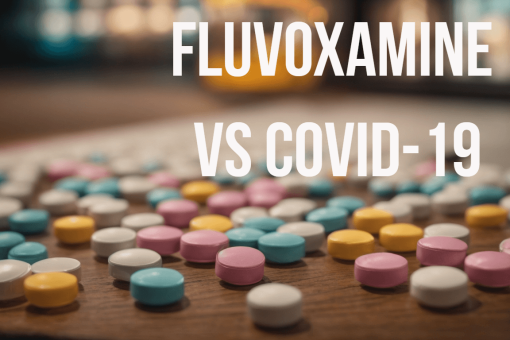Pain Management with Multiple Duloxetine Combinations to Reduce Opioid Use After Knee Replacement Surgery

A study conducted by researchers at the Hospital for Special Surgery (HSS) found that adding the antidepressant duloxetine to a multidrug pain management regimen after knee replacement surgery reduces the use of opioid medications. The study was published in The Journal of Arthroplasty.
Duloxetine, sold under the trade name Cymbalta, is prescribed to treat major depressive disorder, anxiety, musculoskeletal pain, fibromyalgia and neuropathic pain. HSS researchers studied whether duloxetine reduces opioid use and pain after total knee replacement surgery.
Improved pain management after total knee arthroplasty not only improves patient comfort, but also leads to earlier rehabilitation, fewer complications, increased patient satisfaction, and reduced use of potent narcotics,” says HSS clinical orthopedics professor and senior study author Jeffrey Westrich, MD, HSS clinical orthopedics professor and senior study author, explains. Multidrug regimens for pain often include opioids, which have side effects and potential physical dependence and tolerance. Given the prevalence of opioids and the association between overprescribing opioids, it is desirable to find ways to reduce their use after surgery,” added Dr. Westrich, who specializes in knee and hip surgery.
One hundred sixty patients with HSS were randomized to take 60 mg of duloxetine per day or placebo per day, starting on the day of surgery and continuing for 14 days after surgery. In this triple-blind study, neither patients, physicians, nor research assistants knew who was receiving duloxetine and who was receiving placebo. All patients received spinal epidural anesthesia and peripheral nerve blocks during surgery and postoperative multimodal analgesia including acetaminophen, nonsteroidal anti-inflammatory drugs, and oral opioids as needed.
Baseline pain data were obtained using the Numeric Rating Scale (NRS), in which patients rated their pain on a scale of 1 to 10. Patients rated their pain on postoperative days 1, 2, and 14. Cumulative opioid consumption from the day of surgery to 14 days postoperatively was also recorded.
Results showed that patients receiving duloxetine required fewer opioids to achieve similar pain scores on the NRS scale compared to placebo. A 29% reduction in opioid consumption, equivalent to a reduction of 17 5 mg oxycodone tablets per patient, was reported without an increase in pain score.
Patients receiving duloxetine reported greater satisfaction with pain treatment, and pain interfered less with mood, walking, work, relationships with others, sleep, and enjoyment of life. No serious side effects were observed. More adverse events were reported in the placebo group than in the duloxetine group.
Our study suggests that duloxetine may reduce opioid use after total knee arthroplasty. Further studies are needed to determine the optimal duration of treatment, to evaluate rare side effects, and to explore the possibility of using duloxetine in the postoperative period for other surgical procedures.










Comment